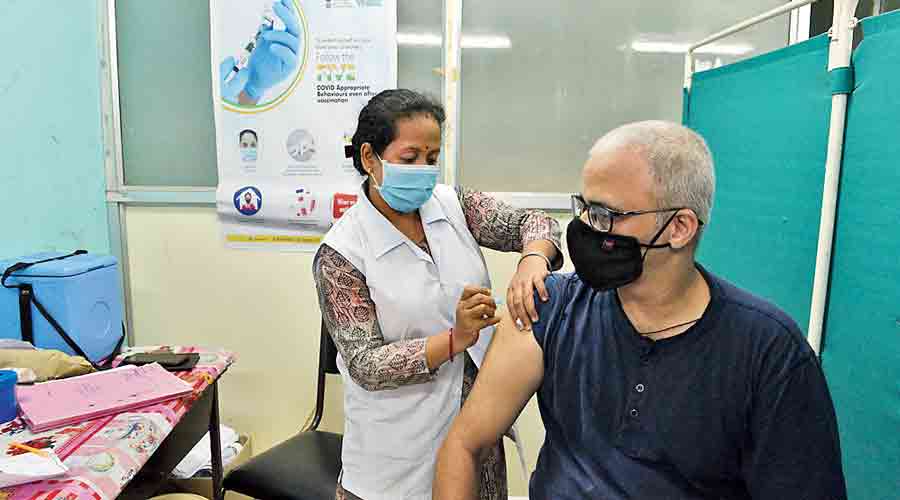US President Joe Biden’s coronavirus infection is a stark illustration that the Covid vaccines, powerful as they are, are far from the bulletproof shields that scientists once hoped for.
Biden has received multiple doses of the Pfizer-BioNTech vaccine; his most recent shot, a second booster, was on March 30. Studies suggest that those doses will provide a powerful bulwark against severe illness — and indeed, the President has only mild symptoms so far after testing positive on Thursday, according to the White House.
But even booster doses offer little defence against infection, particularly with the most recent versions of the virus. What protection they do offer wanes sharply and quickly, several studies have shown. In the President’s case, the booster shot he received nearly four months ago is likely to have lost most of its potency at preventing infection.
Earlier in the pandemic, experts believed that the vaccines would be enough to forestall not just severe disease, but also the vast majority of infections. And that was true when earlier versions of the virus, including the delta variant, swept the globe.
But the omicron variant upended those hopes. As more of the population gained some immunity, whether from infection or vaccines, the virus evolved to dodge those defences. BA.1, the subvariant of omicron that circulated over the winter, was adept at causing infections even in those who had received a booster dose just weeks earlier.
Each subsequent avatar of the virus has become still better at sidestepping immunity. BA.5 is the most wily yet. Detailed data collected in Qatar suggest that immunity from previous infection and vaccines is weakest against BA.5. It is also highly contagious.
The administration has been debating the value of authorising additional shots of the original vaccine in the fall and offering second boosters to adults younger than age 50.
(New York Times News Service)










